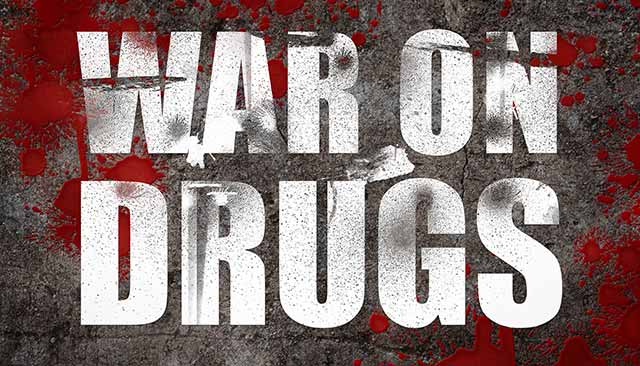Examining the Impact of Income Inequality and Poverty on Drug Abuse
The failure of the War on Drugs, which launched in the 1970s by the Nixon administration, has failed to combat drug abuse and trafficking in the United States. Finally, decades later, it is clear that the War on Drugs has been a failure. Despite billions of dollars spent on enforcement and incarceration, drug addiction and overdose rates continue to rise.
One major factor contributing to the failure of the War on Drugs is the lack of attention paid to the underlying issues of income inequality and poverty. These social issues play a significant role in driving individuals to turn to drugs as a means of coping with their circumstances.
Income Inequality and Drug Abuse
Research has shown that areas with higher levels of income inequality have higher rates of drug abuse. This is because poverty and lack of opportunity can lead to feelings of hopelessness and desperation, making drugs an attractive escape. Additionally, those living in poverty often have limited access to resources such as education and healthcare, which can make it more difficult to overcome addiction.
Poverty and Drug Abuse
Poverty can also lead to increased drug abuse through various pathways, such as lack of access to healthy food, safe housing, and basic necessities. People living in poverty are also more likely to suffer from mental health issues, which can increase the risk of addiction. Furthermore, in some cases, individuals may turn to drug trafficking as a means of survival, putting them at risk of arrest and incarceration.
The Importance of Combating Income Inequality and Poverty
In order to effectively combat drug abuse, it is crucial that we address the underlying issues of income inequality and poverty. This can be done through policies such as increasing the minimum wage, providing access to affordable housing and healthcare, and investing in education and job training programs.
Furthermore, it is important to shift away from the criminalization of drug use and instead focus on providing resources and support for those struggling with addiction. This can include increasing funding for addiction treatment, harm reduction programs and other services that can help people overcome addiction, and improve their lives.
Conclusion
In conclusion, the failure of the War on Drugs is a complex issue, but it is clear that addressing the root causes of drug abuse, such as income inequality and poverty, is essential for achieving meaningful change. By addressing these issues, we can create a more just and equitable society and reduce the pain of poverty and drug abuse.
Supportive Content:
–https://www.ncbi.nlm.nih.gov/pmc/articles/PMC7077437/
–https://www.unodc.org/unodc/en/frontpage/2020/June/the-impact-of-covid-19-on-drug-use-and-health-services.html –https://www.drugabuse.gov/publications/drugs-brains-behavior-science-addiction/treatment-recovery











